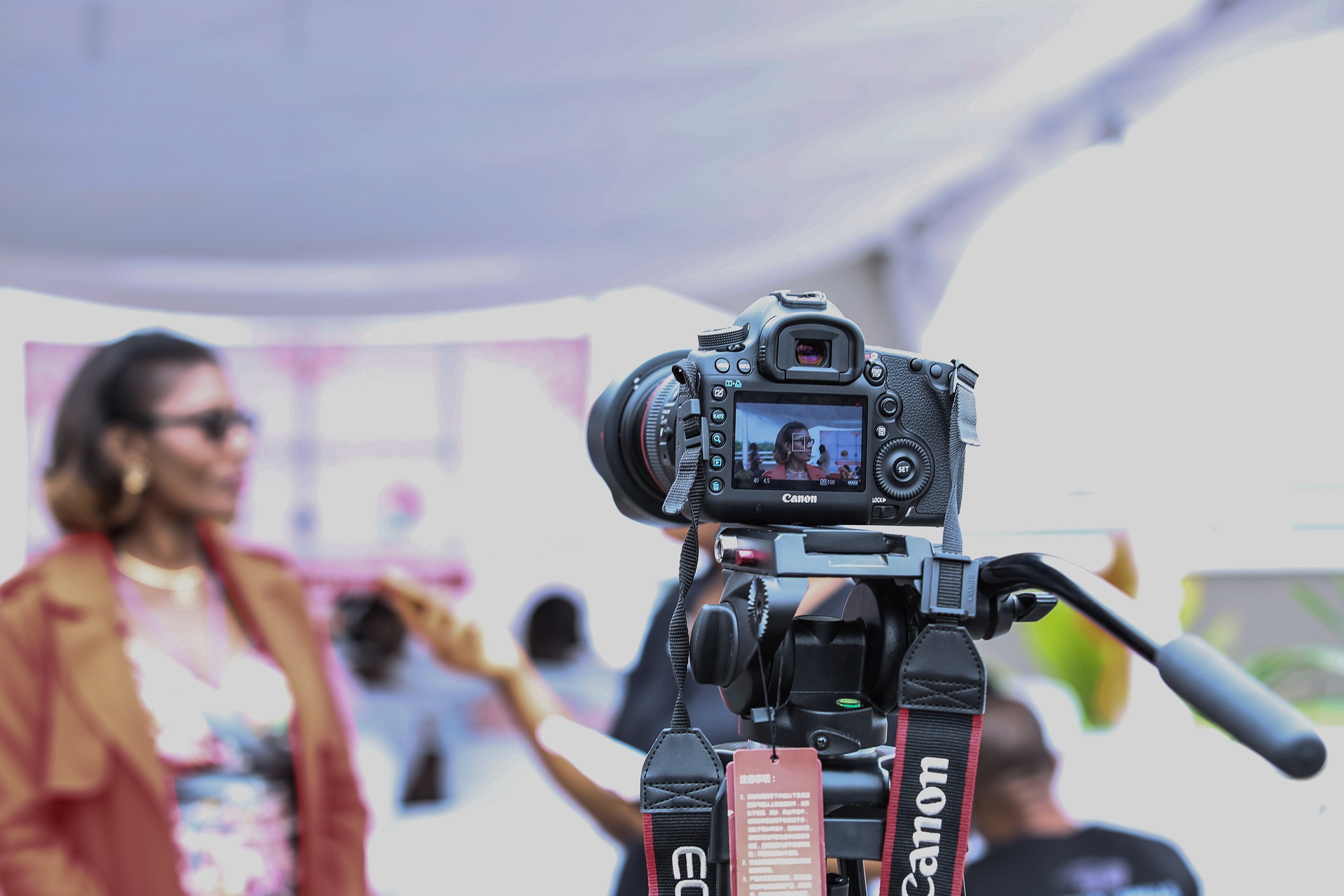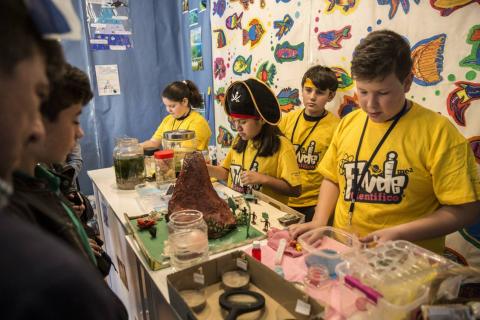An interview can be as much a brief conversation in which a few statements are made as it can be an extended in-depth discussion. It can be an opportunity to talk about your own research to the public, and even to make yourself known to potential collaborators. It can be done remotely (by phone or video call), or face-to-face, in person. The preparation of the person being interviewed will be different in each case, although always with the same objective: that they arrive at the conversation feeling calm and confident to say what they want to say effectively.
1. The first thing: to know what you are talking about
It is important to know of the format in which the information gathered during the interview will be published: a text or audiovisual piece that will reproduce the conversation in question-answer style? A statement for an article involving various interviewees? A live intervention in a radio programme?
2. First of all, be calm
Be calm, because the person being interviewed has a good command of the subject they are going to talk about. Moreover, it is not an exam: if you do not know something, you can say so calmly. “I don't know, it's not my speciality” is a very valid answer.
3. Focus on the topic
If the purpose of interview is to clarify technical details, data, etc., it is good to know this, so that you have the information at hand and can even send it to the journalist. If the interview touches on personal issues (career, motivation, anecdotes), it may be useful to think beforehand if there are sensitive issues that you do not want to touch on or that should be dealt with in a certain way.
4. Spontaneity rhymes with honesty
Preparation is important, but without memorising phrases or expressions that sound artificial. In any interview, spontaneity is a precious commodity: anything that deviates from the expected script has a very high communicative power. The key is to preserve spontaneity while delivering exactly the messages you want.
5. Demarcate the territory
If there are issues you do not want to talk about, it is best to be generous and expressive with other topics. This can be done explicitly, making it clear beforehand what you will not talk about; in this way, you define a space in which you can be spontaneous, give headlines, talk in a relaxed way... But be careful, the interviewer will undoubtedly try, time and time again, to get the upper hand.
6. Off the record
Journalists will respect that old classic formula in which the interviewee tells something confidentially. All it takes is for the interviewee to say ‘keep this off the record’ and the journalist is obliged not to publish it.
7. Can I see the text before it is published?
Only if the person signing the piece agrees: it is a courtesy of the journalist, not the interviewee’s right. Moreover, there is often no time before publication.
8. Can I correct/change my words?
Giving an interview, or generally speaking to a journalist, is an act of mutual trust. The journalist trusts that the information he or she is receiving is worth listening to, and the person being interviewed trusts that his or her words will not be misused. That is why the impossibility of correcting or changing statements once they have been made should not be a cause for concern. Because the answer is this: statements are not usually changed after they have been made. If you do not agree with this practice, you should say so beforehand, so that the interviewer can accept or reject the condition. In practice, it is sometimes possible to see the text before it is published; journalists themselves may ask the source for a reading to ensure that the text does not contain technical errors. In such cases, only the mistakes should be corrected, not the style.
9. Remember: you are not read only by your peers
A frequent source of unease for interviewees is the feeling that their answers will be scrutinised down to the last millimetre by their peers. This thought will lead them to try to be ultra-precise, unspontaneous, hesitant... In short: to communicate badly. The reality is that most of the audience will appreciate less exhaustiveness and more direct messages with communicative warmth. This is especially important in live interventions in audiovisual media.
10. The secret ingredient: emotion
It was said at the beginning, but it is so important that it cannot be overemphasised. Especially in a personal interview, when the conversation moves sincere emotions (pleasure, pride, even anger), the audience appreciates it. But for emotions to come out, you need to be able to speak in a calm, relaxed manner.




